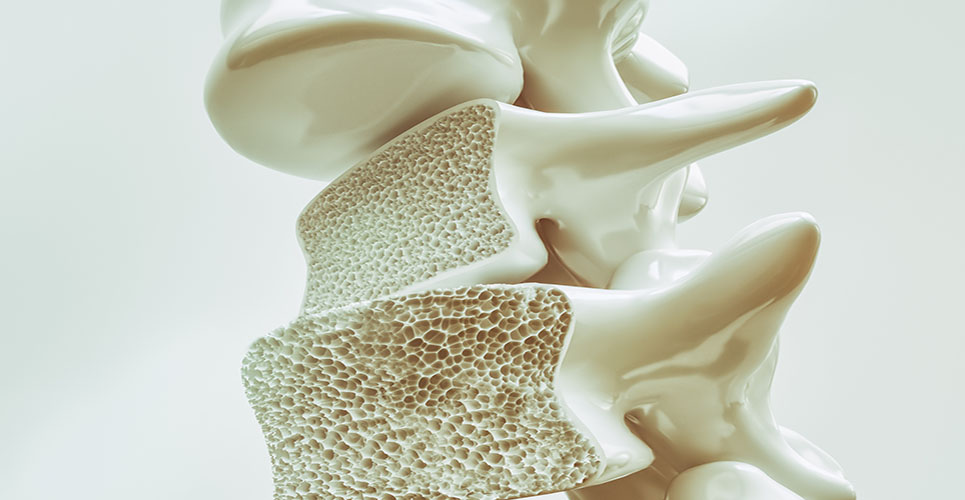teaser
Commonly prescribed bone-strengthening medication has been found to increase the risk of thigh fractures.
The US Food and Drug Administration has now issued a warning to patients and doctors about the use of bisphosphonate drugs, such as Fosamax and Boniva.
Patients taking the drugs are more likely to sustain a rare type of fracture to the femur, which occurs near the hip joint.
The FDA’s Sandra Kweder said: “We know from clinical trials that these drugs do prevent the common osteoporosis fractures. The fractures we’re talking about today are very unusual and rare.”
In more than half of the cases reported to the FDA, patients experienced pain or aching of the groin before the fracture. It’s unclear whether the drugs directly trigger the problem but the FDA said it is updating the drugs’ labels about the potential risk.

Drugmakers will now be required to distribute pamphlets about the risks to patients.
Bisphosphonates work by slowing the loss of bone cells that leads to osteoporosis. Prescription drugs in that class include Merck & Co’s Fosamax and Roche’s Boniva, as well as Warner Chilcott’s Actonel and Atelvia and Novartis’ Reclast.
More than five million prescriptions for the drugs were written last year, according to the FDA. The drugs are mainly prescribed to women after menopause.
The FDA says patients should continue taking the treatments unless directed to stop by their doctor.
Copyright Press Association 2010
US Food and Drug Administration

